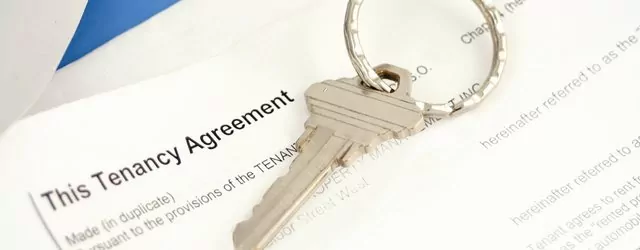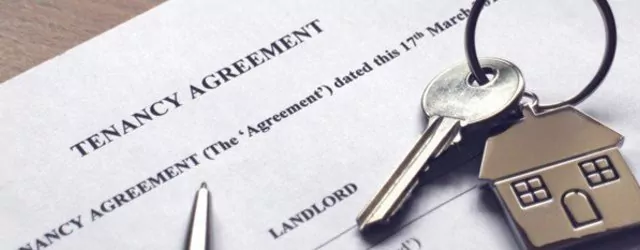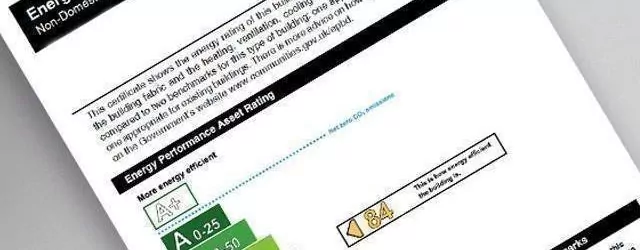
Understanding the Renters’ Rights Act: What the 2026 Changes Mean for Landlords and Tenants in England
Discover what the Renters’ Rights Act 2025 means for landlords and tenants in 2026. Banner Jones Solicitors explains the end of Section 21 evictions, new periodic tenancies, rent rules, pet rights and more — in clear, practical terms.

The responsibilities of a landlord- a quick guide
It is important as a landlord to know your rights and responsibilities. Generally, when managing residential property, your role involves maintenance and ensuring any repair work is completed, as the property cannot have any hazards or breach any health and safety laws. Along with this, there are deposit protections you must also follow.

How do I move out of shared property?
How do I move out of shared property?
As the start of a new term at university or college fast approaches, you might be swept up in the excitement of moving into your new rented property. However, whether it’s halls or a shared house, you will be entering into a legal contract, and ignoring the terms of your contract might cause you problems further down the line, especially when you want to move out.
While, at the moment, you might not see any reason you would want to move out before the end of the contract, things can change. In this article, we look at how to move out of shared property.

Notice periods revert for residential landlords seeking possession
October will see a major milestone in notice periods for residential tenancies where landlords are seeking possession, as they revert to pre-pandemic requirements. But with fears of a tough winter, as gas prices soar and furlough support ends, landlords are being warned to check the latest guidance before taking action, as additional protections for tenants may need to be reinstated.

A year of change for residential landlords
Residential landlords are under pressure to keep on top of a raft of new legislation and guidelines this year, including many protections for tenants extended by the government during the pandemic.

What is a Reactivation Notice and will you need one?

Latest Updates for Private Landlords
The rules for landlords are forever changing, so read on for some of the latest updates.

Landlord Update: Gas Safety Certificates
As most landlord’s should be aware, if you had failed to provide a Gas Safety Certificate to the tenant prior to the outset of the tenancy, then this failure meant a section 21 notice procedure could not be followed to bring an assured shorthold tenancy to an end.

Hope for private renters and landlords
On the 25th March 2020 the Coronavirus Act (“the Act”) received royal assent and became law, temporarily changing the landscape of private leasing overnight.

Tips for becoming a landlord

Right to refuse a business tenancy cannot be misused
An interesting case is currently making its way through the court system and may have far reaching implications for the landlord/tenant relationship in relation to tenancy renewals; making it more difficult for a landlord to refuse the renewal of a tenancy.

Changes Afoot for Commercial Landlords
The Energy Efficiency Regulations 2015 brought into force minimum energy efficiency standards for residential and commercial properties. As of 1 April 2018, Landlords with properties within the scope of these Regulations must not renew existing tenancies or grant new tenancies if the property has less than the minimum Energy Performance Certificate (EPC) rating of ‘E’. It is estimated that a significant number of rented properties in England and Wales have an F or G rating.

Pressure on litigation costs from “Proportionality”
New rules on the losing side paying the costs of the winning side in litigation can leave “winners” significantly out of pocket.


